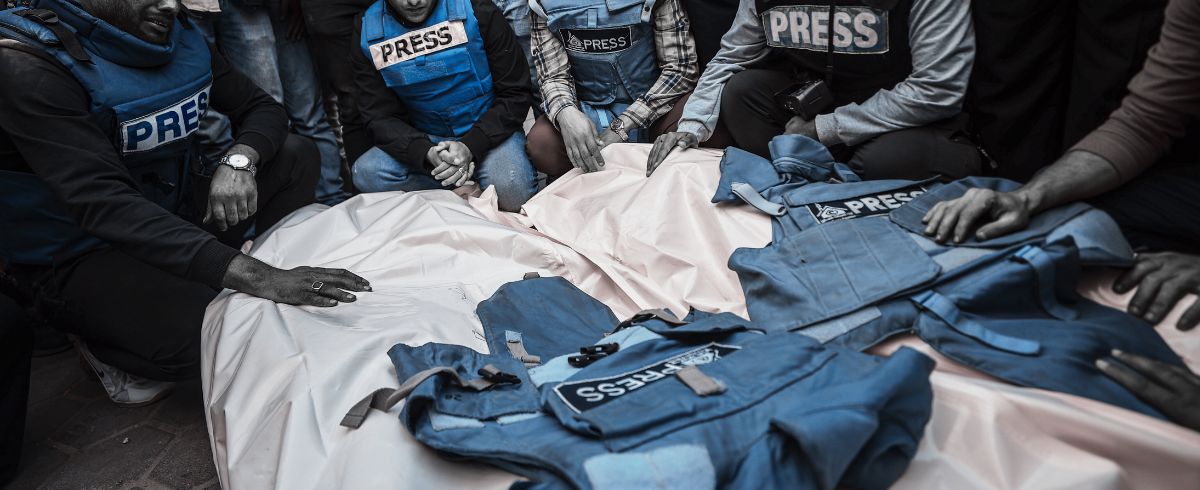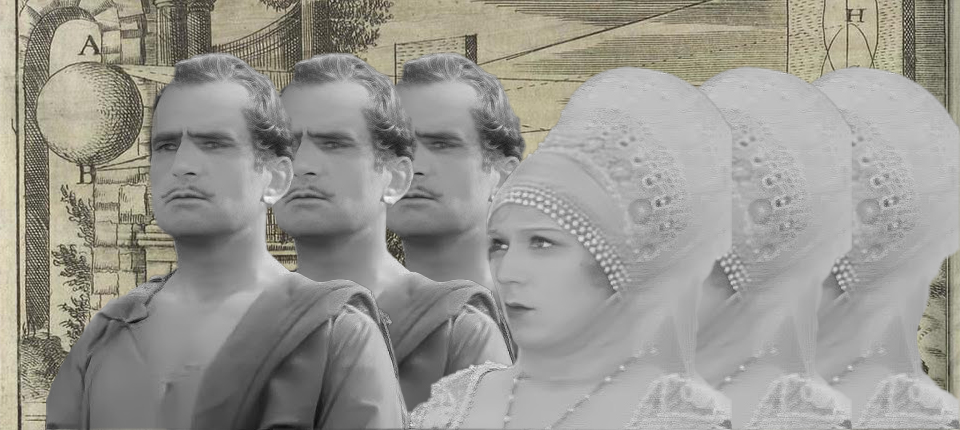It has been more than twenty years since Rachel Cusk upset the applecart of parenting literature with her stark, uncompromising memoir A Life’s Work (2001), which Anne Enright soon followed with the barely mellower Making Babies (2004). Those books have had an enduring influence on nonfiction writing, but it is noticeable that when the men got in on the game of parenting memoirs, they were markedly less iconoclastic. In short, they wanted to look like good dads. Michael Chabon’s two collections, Manhood for Amateurs (2009) and Pops (2018), and Jack Underwood’s Not Even This (2021), are, for example, self-deprecating rather than self-lacerating, and lean more into the joys of parenting. Even Karl Ove Knausgaard’s whingeing about the tedium of it all in his My Struggle series seemed designed largely to show readers what a dedicated dad he was.
The Chilean poet turned novelist Alejandro Zambra is definitely on Team Joy. His new book, Childish Literature (Literatura infantil, 2023), shows boundless – and bounding – enthusiasm for the chaos and curiosity that his son, Silvestre, has brought into his life. It starts with an aphoristic account of the boy’s first year, filled with the kind of nervy but expansive noticing that parenting literature loves to put on the page: “Your brief fourteen-day life wears the world childhood like a roomy poncho. But I like how exaggerated it sounds. Fourteen days old – the word old looks so strange there, when you’re still so relentlessly new”; “Parenthood is another kind of convalescence that allows us to learn everything again”; “When you have a child, you become someone’s child again”. And so on. But if you think this charming philoso-whimsy will eventually pall, then Zambra is ahead of us. When the first year is up the book changes tack.
Childish Literature is constructed, in fact, of fourteen “pieces” that move us through Silvestre’s baby-, toddler- and childhood while reflecting on Zambra’s relationships with his parents, especially his father, and his wife. A couple of these entries present themselves as fiction, while others are avowedly essays. Indeed, it is amusing to note how Fitzcarraldo Editions, which has published so much excellent genre-defying or -ignoring literature, seems increasingly hamstrung by its design choice to brand its fiction titles in blue jackets and its nonfiction ones in white ones. Childish Literature comes in blue covers – but it is clearly, mostly, memoir.
Half of the fourteen pieces have been previously published, but this nonetheless reads like a cohesive book. Zambra’s recurring preoccupations, and careful ethics, run through it; he often discusses the pieces he is writing with his family and friends, and we get their comments, and his reflections on their comments. The fictional interludes fit right in by standing out. One of them, “The Kid with No Dad”, is a simple story about two boys who build, lose and rediscover a friendship. In a collection of stories, it might have sunk without trace, but here its calm lucidity is right at home and provides a neat change of pace from the frantic delineations of Zambra domestic life. Its puerile, insult-ridden epistolary exchanges must also have been huge fun for Megan McDowell to put into scatological English schoolboy-ese. As with everything else here, she pulls it off brilliantly.
The book does drift away from Silvestre, with long (surprisingly compelling) sections on fly fishing, including interventions by Zambra Sr., and others (less good) ones on football. The material on Zambra’s father is generally the most moving, and includes an account of a city-centre mugging that he and Alejandro suffered and survived together. It’s clear that it is not the events themselves that are important, but the telling of them, and it’s for this reason that the author so carefully brings his family into that process, just as he collaborates with his son on bedtime stories, made-up language games and equally confected football fantasies.
Alejandro Zambra makes being a writer seem like the least solitary, most joyful job in the world – an enthusiasm that makes this his most engaging book yet. It is not necessarily a book to give to a new father, but I’d give it to a new writer in a heartbeat.
Jonathan Gibbs is a writer and critic. His most recent book is Spring Journal, 2020. He teaches Creative Writing at City, University of London
The post Best job in the world appeared first on TLS.

 By Times Literary Supplement | Created at 2024-10-29 21:41:39 | Updated at 2024-10-30 17:22:02
2 weeks ago
By Times Literary Supplement | Created at 2024-10-29 21:41:39 | Updated at 2024-10-30 17:22:02
2 weeks ago



